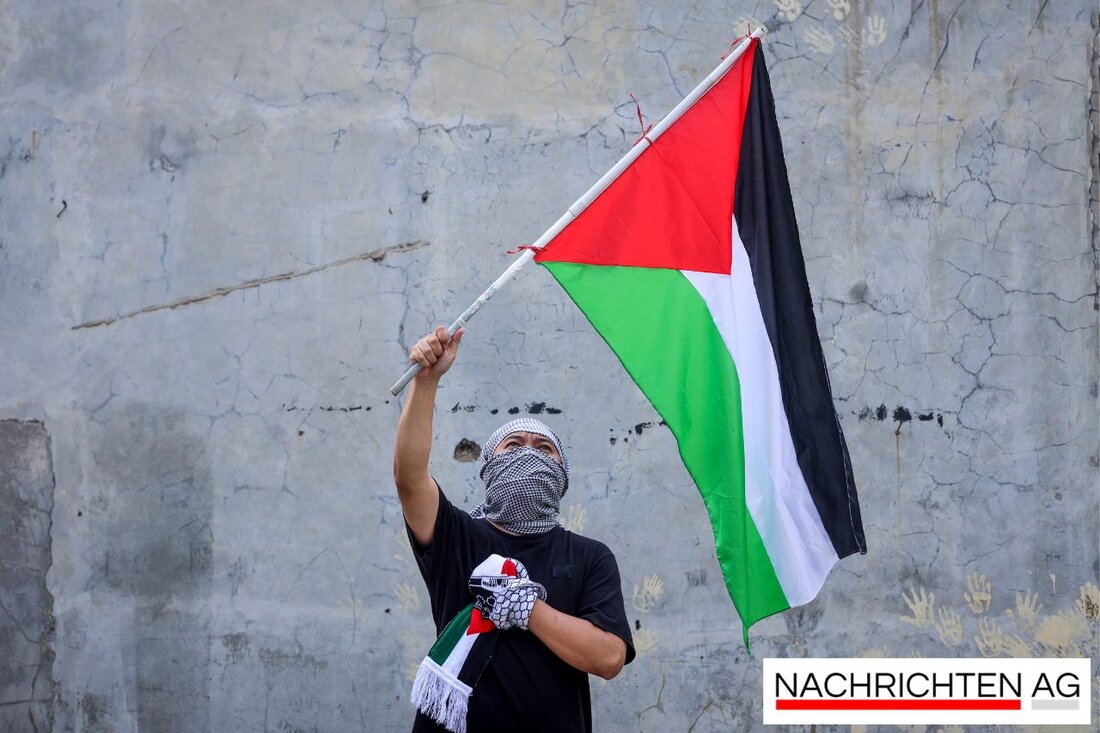UN Summit: Historical recognition of Palestine – A step towards a two-state solution!
Germany plans to recognize Palestine at the end of the two-state process, according to Foreign Minister Wadephul. Current developments.

UN Summit: Historical recognition of Palestine – A step towards a two-state solution!
In a turbulent international climate that is strongly influenced by political changes, the recognition of Palestine as an independent state is increasingly gaining ground. Current developments show that more than three quarters of UN member states have already recognized Palestine as a separate state, including recent pledges from Britain and Canada. France recently announced that it would follow suit and officially recognize Palestine at the upcoming UN general debate summit in New York. [Radiodrei] reports that this meeting aims to advance the process towards a sustainable two-state solution that aims to have Israelis and Palestinians living in two separate states.
German Foreign Minister Johann Wadephul emphasized the urgency of the process at this summit. He emphasized that the path to a common future must begin now. However, Germany plans to formally recognize a Palestinian state only at the end of the peace process. This cautious attitude is reflected in the current diplomatic game, in which pressure on Israel is steadily increasing, particularly with regard to annexations in the West Bank. [ZDF] has pointed out that there is a risk that recognition could fail before the UN general debate due to the veto rights of the USA and resistance from Israel.
Context of recognition
The latest developments are part of a broader global dialogue that opened on Monday evening with a conference on the two-state solution, initiated by France and Saudi Arabia. Emmanuel Macron took the opportunity to announce the recognition of a Palestinian state, seen as a historic step that could encourage other nations to follow suit. [Tagesschau] reports that around 150 heads of state and government will be present at the UN general debate to actively support this process.
Behind the scenes, diplomatic pressure on Israel is growing. Meanwhile, numerous countries, such as Belgium and New Zealand, are expressing similar views on recognition, and it remains to be seen how Israeli Prime Minister Benjamin Netanyahu will respond to these developments. The Palestinian mission in London, for example, celebrated Britain's recent recognition as an important boost to Palestinian statehood efforts.
The danger of escalation
The situation remains fragile. [ZDF] points out that Netanyahu could use the opportunity to further increase tensions. At the same time, the Federal Government emphasizes the need to stop the annexations in the occupied territories and provide humanitarian aid. Hundreds of people are now protesting in Israel, demanding the release of hostages and recalling the dramatic circumstances in the Gaza Strip. The humanitarian reports of refugees and Israel's aggressive military strategy make the situation even more worrying.
So while attempts are being made at the international level to create the foundations for a stable peace, the question remains whether an agreement can actually be reached. Annalena Baerbock, Chairwoman of the UN General Assembly, has clearly spoken out in favor of an independent Palestinian state that should exist alongside Israel in peace and security. But the pioneers of a realistic solution face a multitude of challenges. The coming weeks will be crucial, especially with a view to the UN general debate, where important decisions are imminent.

 Suche
Suche
 Mein Konto
Mein Konto